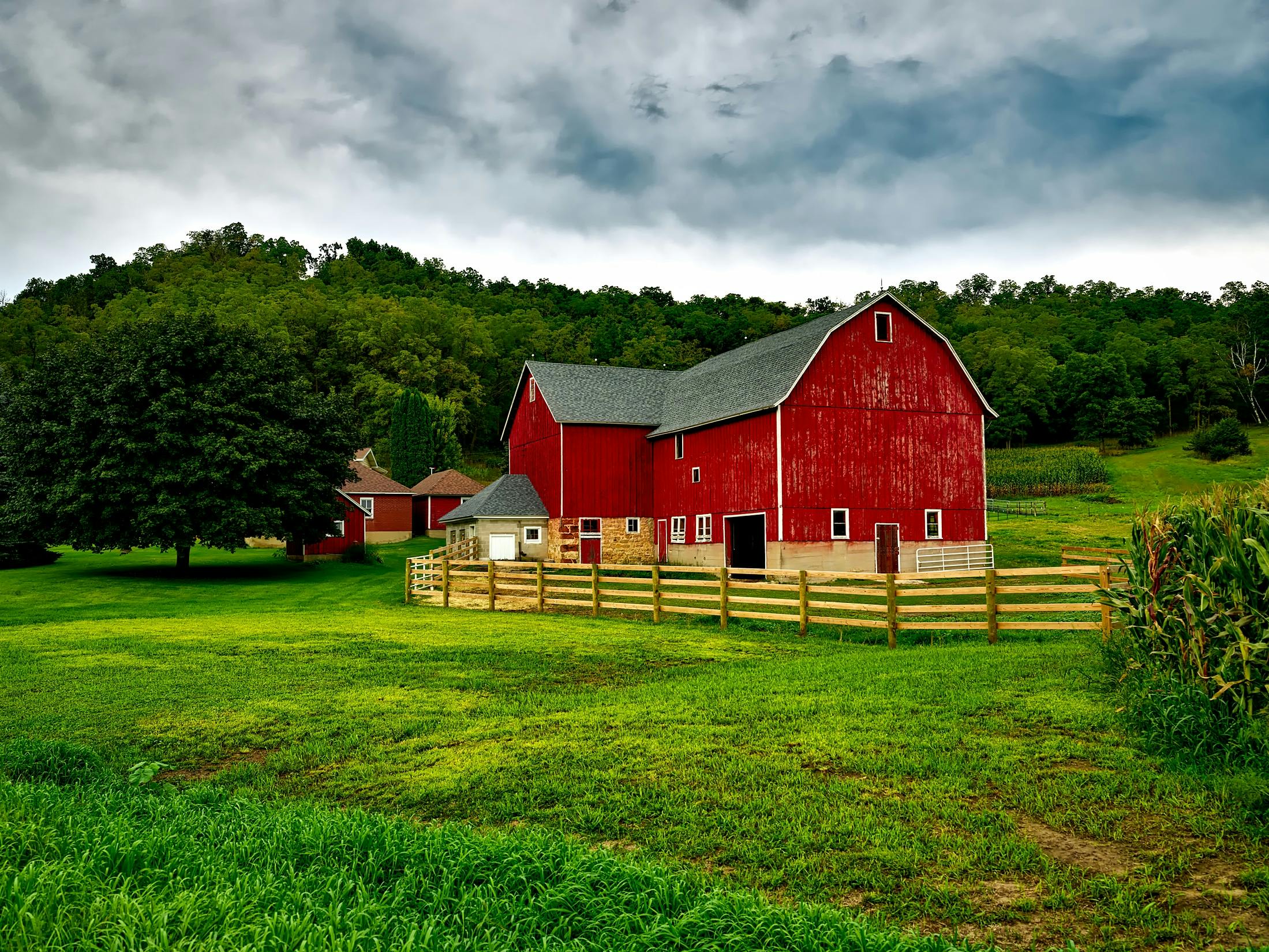Selling Your Rural Dream: A Guide to Putting Your House on the Market
Finding the perfect buyer for your rural property requires a thoughtful approach and strategic marketing. Whether you're selling a cozy cottage or a sprawling farmhouse, this guide will help you navigate the process of putting your house on the market in a rural setting.

However, rural real estate also presents unique challenges. The remoteness that many find appealing can also mean limited access to amenities, potentially longer commute times, and fewer comparable properties for accurate pricing. Understanding these factors is crucial when positioning your rural house for sale.
How should you prepare your rural house for the market?
Preparing a rural property for sale involves more than just tidying up the interior. Start by enhancing your home’s curb appeal, which in a rural setting might include maintaining expansive lawns, repairing fences, or sprucing up outbuildings. Ensure that access roads are in good condition and clearly marked, as potential buyers may be unfamiliar with navigating rural areas.
Inside the home, focus on highlighting features that are particularly valuable in rural settings. This might include showcasing a well-equipped mudroom, emphasizing energy-efficient systems, or drawing attention to water sources like wells or natural springs. If your property has any unique features such as a barn, workshop, or fruit orchard, make sure these are in top condition and prominently featured in your marketing materials.
What pricing strategies work best for rural properties?
Pricing a rural home can be challenging due to the often limited number of comparable properties in the area. It’s essential to work with a real estate agent who has experience in rural markets and can provide an accurate comparative market analysis (CMA). Consider factors such as acreage, outbuildings, water rights, and any income-producing aspects of the property when determining your asking price.
Be prepared for the possibility that your home may take longer to sell than properties in more densely populated areas. Rural properties often appeal to a niche market, which can mean a smaller pool of potential buyers. Pricing your home competitively from the start can help attract interest and potentially lead to a quicker sale.
How can you effectively market a rural property?
Marketing a rural property requires a tailored approach that highlights its unique features and reaches the right audience. High-quality photographs and videos are crucial, as they allow potential buyers to get a sense of the property’s layout and surroundings without having to make a long journey for an initial viewing.
Utilize online platforms that specialize in rural or agricultural properties, in addition to traditional real estate listings. Social media can be an effective tool for showcasing the lifestyle your property offers. Consider creating a dedicated website or landing page for your property that includes detailed information about the land, any agricultural potential, and nearby amenities.
What legal considerations are unique to selling rural real estate?
Selling rural property often involves legal considerations that may not apply to urban homes. Water rights, mineral rights, and easements are common issues that need to be clearly understood and communicated to potential buyers. If your property includes agricultural land, there may be specific zoning laws or conservation easements to consider.
It’s advisable to work with a real estate attorney who specializes in rural properties to ensure all legal aspects of the sale are properly handled. They can help navigate complex issues such as land surveys, property line disputes, or the transfer of any grazing or timber rights associated with the property.
How can you find the right real estate agent for your rural property?
Choosing the right real estate agent is crucial when selling a rural property. Look for an agent with specific experience in rural or agricultural real estate. They should have a deep understanding of the local market, including knowledge of soil types, water sources, and potential land uses that might interest buyers.
A good rural real estate agent will have a network of contacts that extends beyond typical homebuyers to include investors, farmers, or those looking for vacation properties. They should also be familiar with marketing strategies that effectively reach buyers interested in rural living.
When interviewing potential agents, ask about their experience with properties similar to yours, their marketing strategies for rural homes, and their understanding of the unique aspects of rural real estate transactions. The right agent will be able to guide you through the entire process, from pricing to closing, with expertise tailored to your specific property.
In conclusion, selling a rural house requires a specialized approach that takes into account the unique features and challenges of country properties. By properly preparing your home, pricing it strategically, marketing it effectively, and working with experienced professionals, you can successfully navigate the sale of your rural property. Remember that patience may be necessary, as the market for rural homes can move at a different pace than urban real estate. With the right strategy and team in place, you’ll be well-positioned to find the perfect buyer for your rural home.






